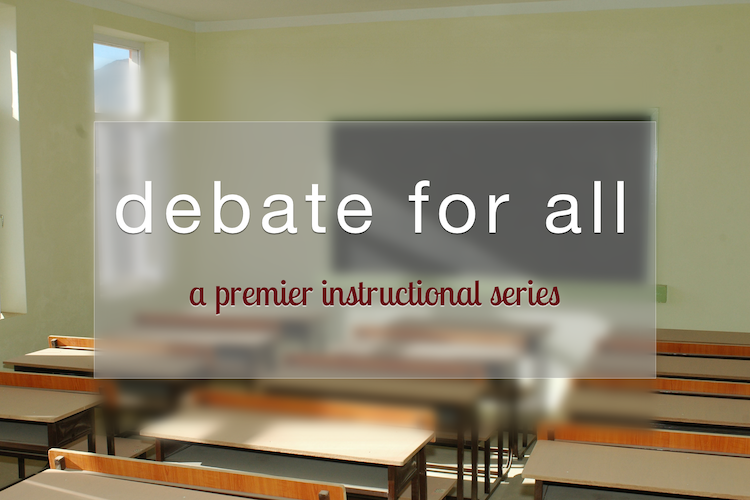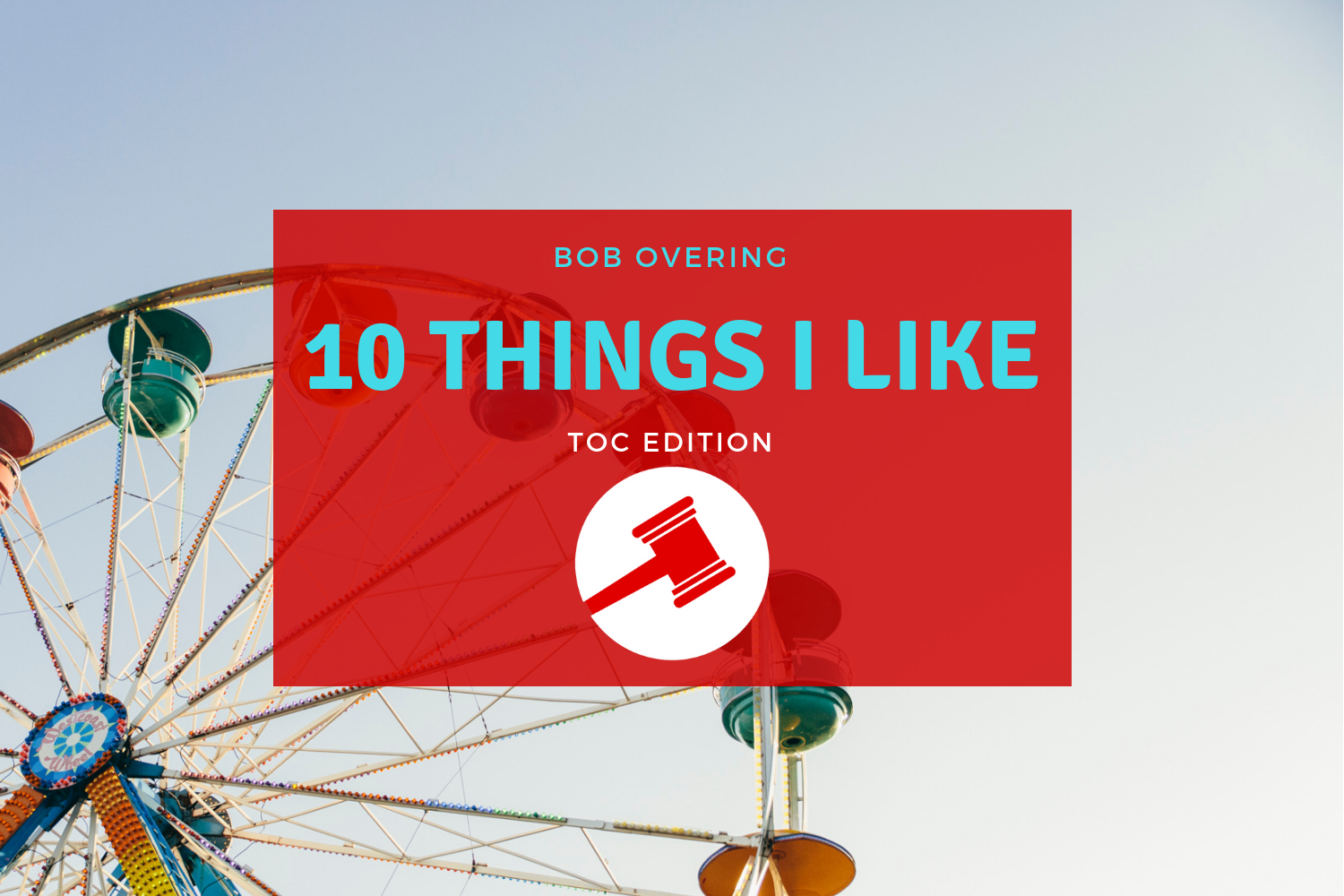Debate For All: Choosing Positions as a Young Debater

Newer debaters inevitably repeat their predecessor’s mistakes. In particular, younger debaters should avoid obscure or gimmicky positions.
These types of positions include fantastically abusive plan texts, indefensible T interpretations, blatant necessary but insufficient burdens, Ks copy/pasted from policy files, and frameworks that are 99% SAT vocabulary.
As a sophomore, I wrote literally everything on the above list. I had a confidence issue about securing easier wins. As a coach, I hear the same justifications from my debaters. This fear of engaging clash is one of the worst weakness you can have. In retrospect, these cases were a distraction.
Gimmicks may help beat worse debaters, but they fail against better debaters, which is who you should be writing cases to beat. If your opponent is actually worse than you, you should already be able to beat them on fair terms. Regardless, positions that beat elims debaters also beat prelim prowlers. So why not just write cases to beat better debaters to start with?
It might not feel this way now, but the difference between 2-4 and 3-3 for a sophomore means less than the positions read to get that record. An even 3-3 record with a stock utilitarian aff says more about your potential than the same record with an AFC + polls Aff [1]. The util debater clashed more, generated more arguments, and worked harder to get those wins.
For now, tournaments are primarily an opportunity to learn. You get to engage new styles of debate and you begin to see how judges evaluate rounds. Expect to learn, not break to elims. The success will follow. Even the juniors who enter with this attitude go on to win impressive rounds.
No one got good by ignoring their deficiencies. Be courageous enough to make mistakes. It’s not your fault this activity is damn hard. Even the best debaters make embarrassing mistakes from time to time. What differentiates a prelim prowler from the TOC-bound debater is a willingness to improve inadequacies rather than ignore and hide them.
[1] For people unfamiliar with AFC + Polls, the case basically prevents any clash from happening absent the neg introducing theory about the case being abusive. AFC means that the neg cannot refute the aff’s framework. Polls means that the aff’s framework says that consensus determines what is normatively true, so a poll about whether people agree with the topic is enough to affirm. Because polls are a single descriptive fact, it’s functionally unturnable since polls either decisively affirm or decisively negate. So if the neg can’t contest the framework or the contention, they’ll always lose absent reading theory.




1 Comment
[…] Choosing Positions as a Younger Debater […]